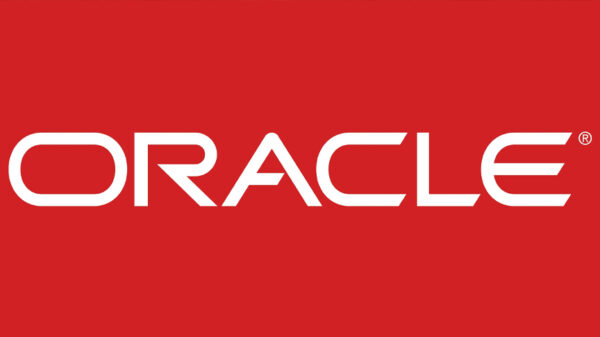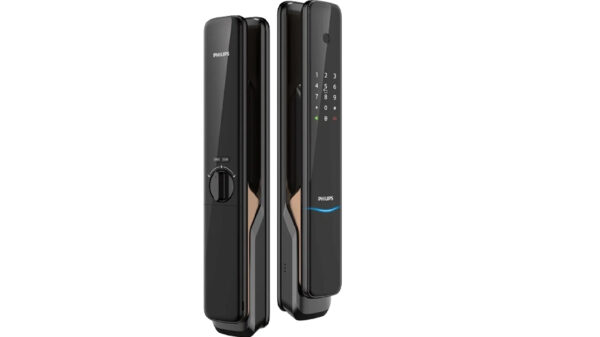A tough road is expected for businesses that rely on digital technology this year as Distributed Denial of Service (DDoS) attacks continue to evolve, according to a report cited by IPC, a local cloud pioneer and DDoS mitigation service provider with a local attack scrubbing facility.
The worldwide study conducted by IPC’s DDoS Mitigation partner Nexusguard revealed a 380% increase in frequency of attacks in the first quarter of 2017.
“More than 16,600 attacks were recorded during the first quarter, with notable ones being an enormous 275Gbps attack that took place during Valentine’s Day and a lengthy attack spanning 4,060 minutes which occurred during the Chinese New Year,” said Juniman Kasman, chief technology officer of Nexusguard.
Additionally, the study shows that the percentage of days with large attacks also grew substantially. “The percentage of days with sizable attacks (larger than 10Gbps) grew considerably between January (48.39%) and March (64.29%),” added Kasman.
For Dave De Leon, IPC’s chief operating officer, the rising complexity of DDoS attacks can adversely affect companies who utilize digital means for business. “Online businesses have much to lose from going offline due to DDoS attacks. The ecommerce industry is a very vulnerable sector because operations rely heavily on the Internet. One successful attack can lead to huge financial losses. If you factor in the risk of losing customers, then we might be talking about millions.”
During a DDoS attack, cybercriminals flood a website with traffic coming from numerous requests in order to overwhelm its server. Due to the staggering amount of incoming traffic, the server is unable to support it and eventually crashes. Its main objective is to prevent users — both customers and the staff of the company — from accessing the site. To put it plainly, DDoS attacks knock perfectly healthy websites offline by overwhelming them.
The threat of evolving DDoS attacks is at a pivotal moment where the practice of online shopping is growing at an exponential rate, as revealed in an eMarketer study that forecasts a global e-commerce market amounting to $2.290 trillion this year. IPC believes that this growth will further attract criminals to launch more attacks.
“An inaccessible website is possibly the worst scenario any e-commerce company could experience. Aside from not being able to conduct business, their reputation is also at stake since an ongoing attack can disrupt the shopping experience of customers. If not remedied, irate customers will eventually choose other sites.” said De Leon. “As a solution, we urge online sellers to find a DDoS mitigation provider that can fend off large-scale attacks and assure them of a stable connection amidst these online disasters.”
Together with partner Nexusguard, IPC’s Premium DDoS Mitigation solution ensures business continuity in light of DDoS attacks. The company’s DDoS Mitigation experts employ GRE (Generic Route Encapsulation) Tunnel solutions that easily and constantly avert any incoming malicious traffic that can take down a website. Round-the-clock monitoring of the network is also part of the service, as a way to quickly implement security measures in the event of an attack.
“DDoS Mitigation should be an essential part of an e-commerce company’s cybersecurity strategy. DDoS attacks are specialized threats designed to bring down a company’s website. It all boils down to how much an hour or a day of downtime will cost you. If you can’t even begin to imagine the losses, then it’s time to talk to a DDoS Mitigation expert,” said De Leon.








































































































